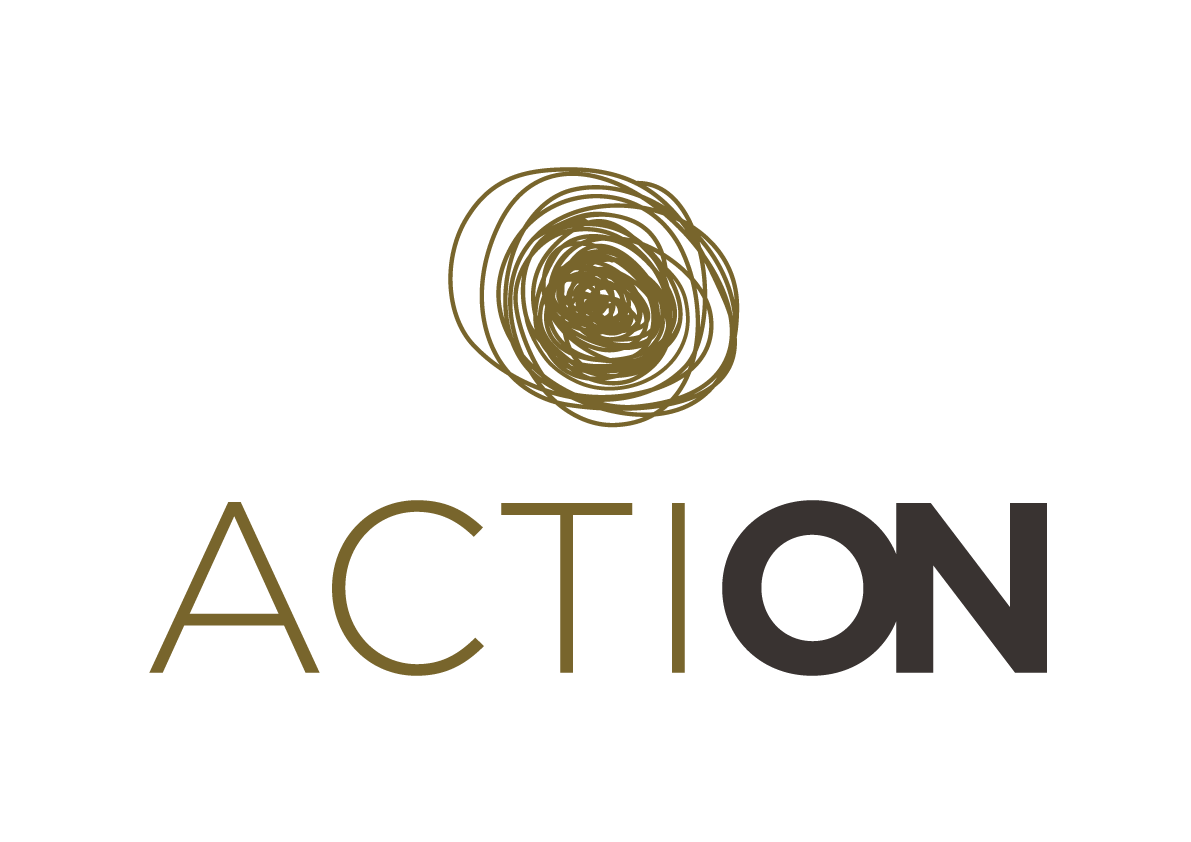Partners
Dutch Butterfly Conservation
Dutch Butterfly Conservation
Dutch Butterfly Conservation
Dutch Butterfly Conservation, was founded in 1983, with conservation and restoration of the Dutch butterfly fauna as its primary aims. Since then, it has extended those aims to include dragonflies and moths.
Conservation is of great urgency, because the numbers of these insects have been decreasing drastically since the beginning of the twentieth century. Citizen Science has always been at the core of our work as that is only possible with the help of more than 1500 volunteers that a.o. contribute by monitoring transects.
Dutch Butterfly Conservation works on conserving, restoring and developing nature with a focus on butterflies, moths and dragonflies. These insects respond strongly to changes in their habitats, and areas where many different species are present, are also rich in other fauna and flora. Butterflies and moths on land and dragonflies in aquatic environments are therefore excellent indicators of the quality of nature and landscape.
Their absence tells us something is wrong, whether this is in a nature reserve, the countryside, in road verges or in parks. We aim to figuring out what is wrong and how to improve conditions. Dutch Butterfly Conservation carries out research and gives advice to those responsible for the use, development and management of land in all sorts of areas, nature management organisations, government but also private persons and companies. It has research workers with broad experience and expertise in ecology, specialized in butterflies, moths and dragonflies, as well as nature conservation.
Dutch Butterfly Conservation
Dutch Butterfly Conservation, was founded in 1983, with conservation and restoration of the Dutch butterfly fauna as its primary aims. Since then, it has extended those aims to include dragonflies and moths.
Conservation is of great urgency, because the numbers of these insects have been decreasing drastically since the beginning of the twentieth century. Citizen Science has always been at the core of our work as that is only possible with the help of more than 1500 volunteers that a.o. contribute by monitoring transects.
Dutch Butterfly Conservation works on conserving, restoring and developing nature with a focus on butterflies, moths and dragonflies. These insects respond strongly to changes in their habitats, and areas where many different species are present, are also rich in other fauna and flora. Butterflies and moths on land and dragonflies in aquatic environments are therefore excellent indicators of the quality of nature and landscape.
Their absence tells us something is wrong, whether this is in a nature reserve, the countryside, in road verges or in parks. We aim to figuring out what is wrong and how to improve conditions. Dutch Butterfly Conservation carries out research and gives advice to those responsible for the use, development and management of land in all sorts of areas, nature management organisations, government but also private persons and companies. It has research workers with broad experience and expertise in ecology, specialized in butterflies, moths and dragonflies, as well as nature conservation.
Tasks in the ACTION project
Dutch Butterfly Conservation will oversee one of the citizen science projects, “Insecticides and dragonflies” with the aim to expand the use of the existing citizen science dragonfly monitoring programme to include sampling of water and analyse the concentrations of insecticides at the monitoring transects. This will allow to combine long-term large-scale monitoring data with accurate chemical analyses and test whether insecticides do play a role in the decline of these insects.
Tasks in the ACTION project
Dutch Butterfly Conservation will oversee one of the citizen science projects, “Insecticides and dragonflies” with the aim to expand the use of the existing citizen science dragonfly monitoring programme to include sampling of water and analyse the concentrations of insecticides at the monitoring transects. This will allow to combine long-term large-scale monitoring data with accurate chemical analyses and test whether insecticides do play a role in the decline of these insects.
Leave a message

